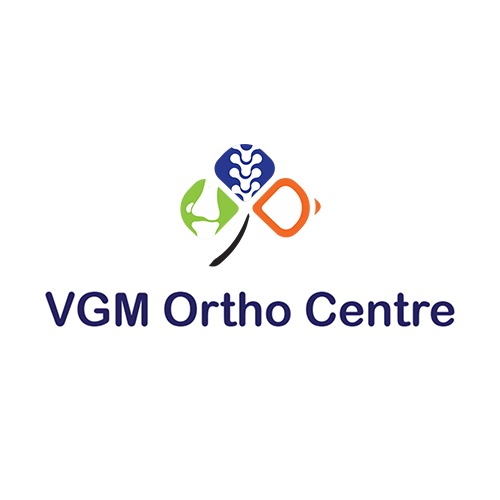

Arthroscopy is a minimally invasive procedure by which the joint (knee,shoulder etc.) is accessed by just 4 mm key-holes and special dedicated instruments are used to visualise a magnified view of the interior of the joint on a dedicated HD monitor screen.
Arthroscopy enables evaluation, diagnoses and also treatment of many joint problems. Many unexplained joint problems not revealed by CT and MRI scans can be identified. For any damage to the interior of the joint, many therapeutic options also exist.
An arthroscope is a small 4 mm diameter pencil shaped device used to view your joint. A small 4 mm buttonhole incision is sufficient to introduce this arthroscope inside your joint. It has an attached light source and camera with fiberoptic cables to visualise the interior of the joint on a HD monitor.
Additional such portals are established for similar sized instruments. Two portals are a minimum requirement.
What are the advantages of Arthroscopy? Very minimal blood loss
Very less pain
Avoiding opening up of the joint which is very morbid
Minimal painkillers requirement
Minimal recovery time
Less morbid
Cosmetically appealing-small scar marks
Some procedures are performed on a day-care basis
The KNEE AND SHOULDER are the common joints for Arthroscopy. However for selective indications the ankle, elbow and hip are also accessed by Arthroscopy.
Does the procedure involve Anaesthesia?Yes. Knee and ankle Arthroscopy is performed under spinal/general anaesthesia based on your decision and fitness by anaesthetist. However shoulder Arthroscopy is performed under General anaesthesia.
Can I get discharged the same day?Most Asrthroscopic procedures entails discharge on the same day/maximum of 2-3 days for major ligament reconstructions. Patients are encouraged to walk on the same day and climb stairs within 1-3 days depending on their comfort.
What are the specific complications/disadvantages of Arthroscopy?Most arthroscopic procedures entails discharge on the same day/maximum of 2-3 days for major ligament reconstructions. Patients are encouraged to walk on the same day and climb stairs within 1-3 days depending on their comfort.
What are the specific complications/disadvantages of Arthroscopy?Although the complications due to Arthroscopy are quite less, there are some risks still like Infection, anaesthesia related complications, swelling, phlebitis (clotting of blood in vein), instrument breakage, nerve/vascular injury are possible complications. The risk of infection is still very small unlike open surgery where the incision size is larger.
Although the complications due to Arthroscopy are quite less, there are some risks still like Infection, anaesthesia related complications, swelling, phlebitis (clotting of blood in vein), instrument breakage, nerve/vascular injury are possible complications. The risk of infection is still very small unlike open surgery where the incision size is larger.
The advanced technological instruments are not available in all centres.
What are some common conditions treated by Arthroscopy?Some common conditions treated include:
Acute and chronic injuries of menisci/cartilage/muscles
removal of loose bodies, biopsy of synovium
Arthroscopic lavage and debridement for septic arthritis, tubercular/rheumatoid synovitis
Osteoarthritis (early)
A) Arthroscopy Knee Meniscus tear Anterior Cruciate Ligament Tear Posterior Cruciate Ligament Tear Recurrent dislocation of patella Medial Collateral Ligament tear Rheumatoid arthritis Gout/Tuberculosis knee Septic Arthritis knee Osteoarthritis Knee Knee Stiffness(Arthrofibrosis) Multiligament Injury Knee (Internal Derangement of Knee)
Rotator Cuff Tear Recurrent Dislocation of Shoulder Rotator cuff tendinitis Calcification Tendinitis Bicipital Tendinitis
C) Arthroscopy AnkleSynovitis ankle Arthritis ankle